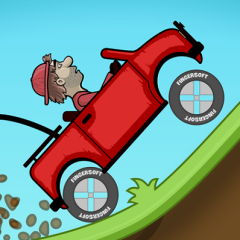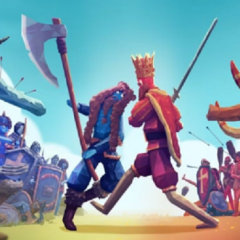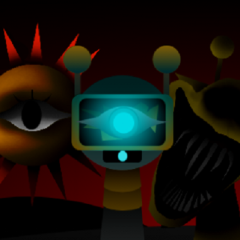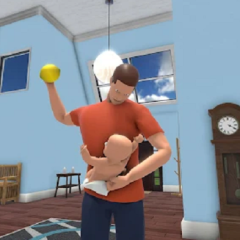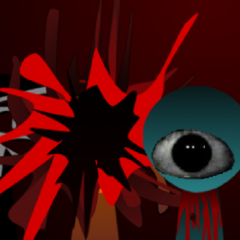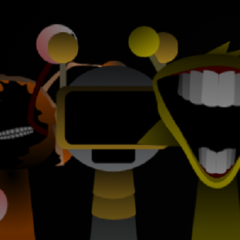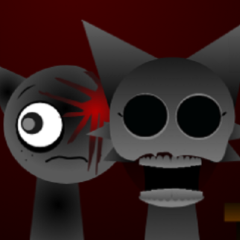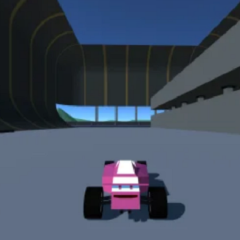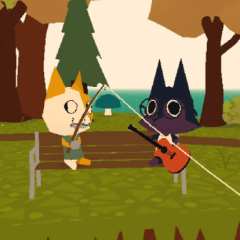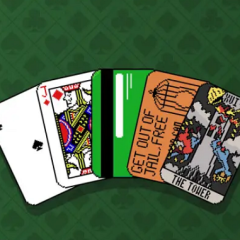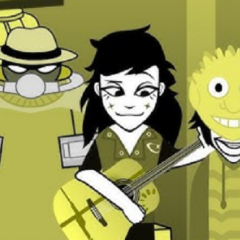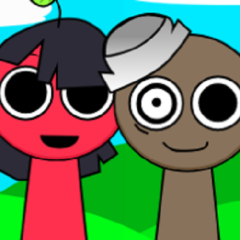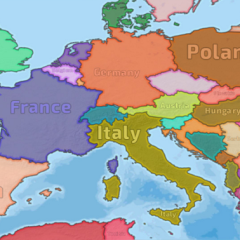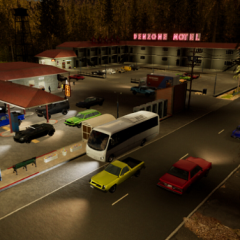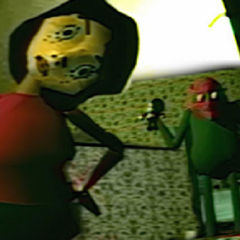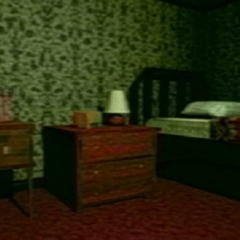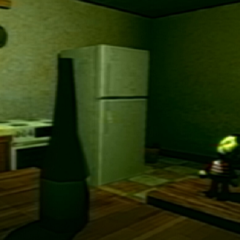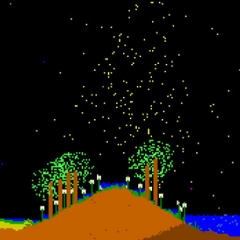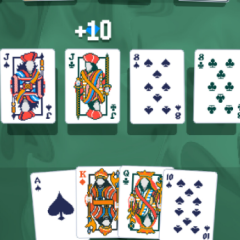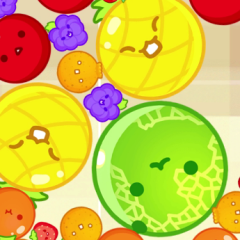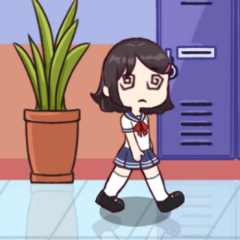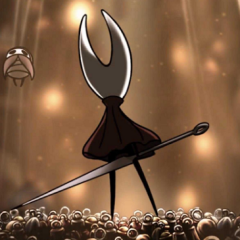Seasons Of Loss is a short narrative game that explores grief, memory, and time through the changing seasons. The player takes on the role of a solitary figure returning to a familiar place marked by absence. As the game progresses, time moves forward in cycles, from spring through winter, reflecting both emotional states and the passage of life. The setting remains largely the same, but subtle changes in environment, weather, and dialogue mirror the internal transformation of the character.
Gameplay Rooted in Reflection
The mechanics of Seasons Of Loss are simple. Players walk through a quiet, rural area and interact with objects that trigger memories. There are no enemies or timers—movement is slow, interactions are minimal, and the focus is on observation. The player’s journey is structured around a loop of seasons, with each return offering slightly different interactions and newly available thoughts from the protagonist. These moments invite the player to reflect rather than react.
Environmental Cues and Emotional Progression
The game communicates much of its meaning through visual and auditory detail:
· Fading light and changing skies to indicate emotional weight
· Shifts in sound design from ambient nature to muffled indoor tones
· Repeated landmarks that feel different each season
· Quiet musical themes that evolve as the story advances
· Written reflections that replace traditional dialogue
These choices work together to create a mood of quiet introspection, encouraging players to slow down and absorb the environment.
No Objectives, Only Movement
Unlike traditional games, Seasons Of Loss does not assign missions or goals. Progression happens through motion—walking, observing, and allowing time to pass. The lack of direct instruction mirrors the real-life process of coping with loss, where there is no clear path or endpoint. The seasons shift naturally, and the player’s role is to be present within each one, observing the ways in which the world and the self adapt to absence.
A Story That Grows in Stillness
Seasons Of Loss uses minimalism to its advantage, telling a story that resonates through subtle changes rather than dramatic events. It’s about what remains unsaid, what’s remembered through space, and how time itself becomes a character in the process. Each cycle offers new understanding, not just of the character’s past, but of how people find ways to continue living in the presence of what’s no longer there. It’s a quiet game, but one that leaves a lasting impact.




